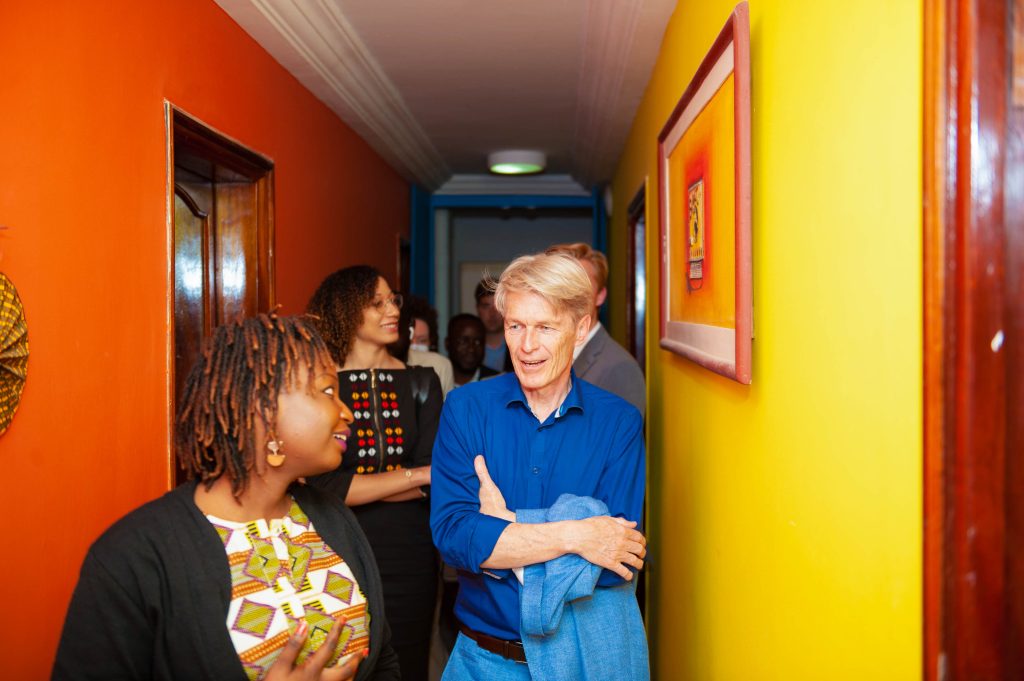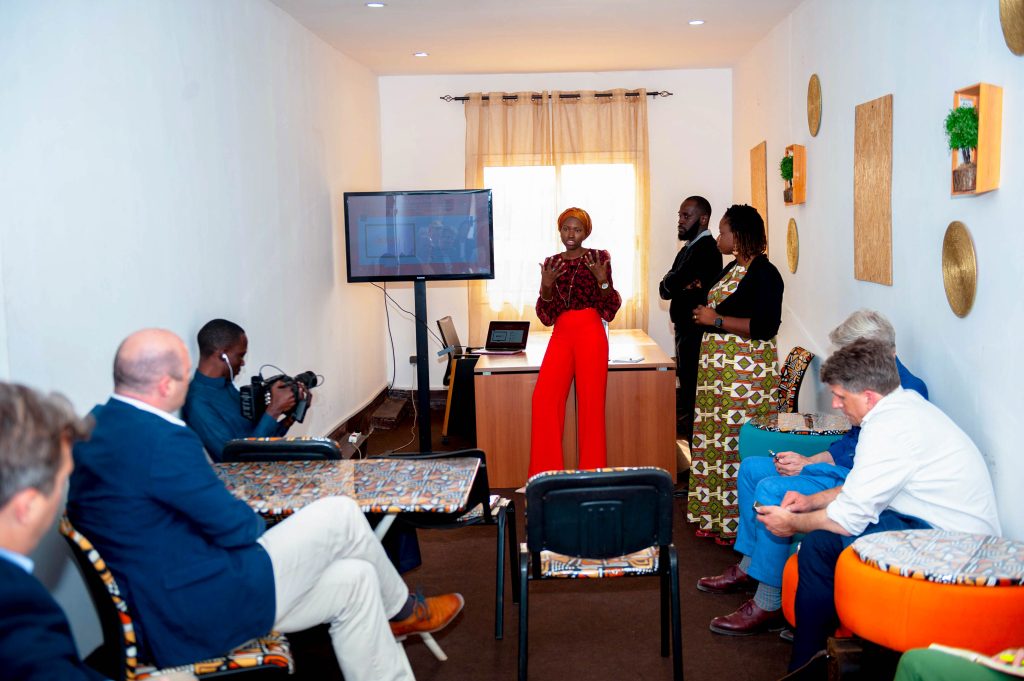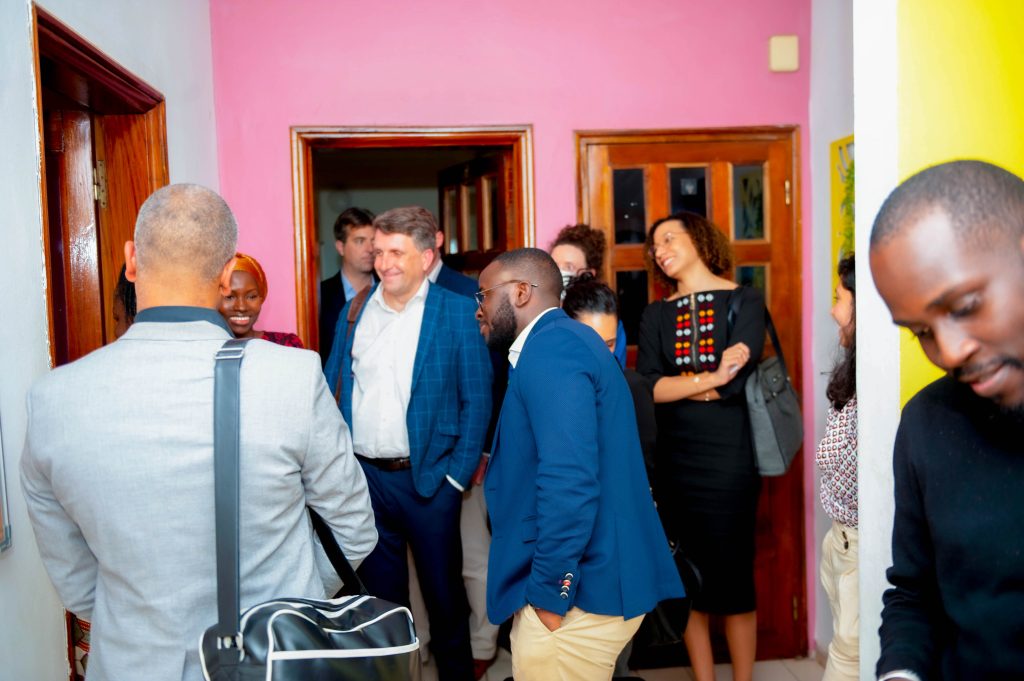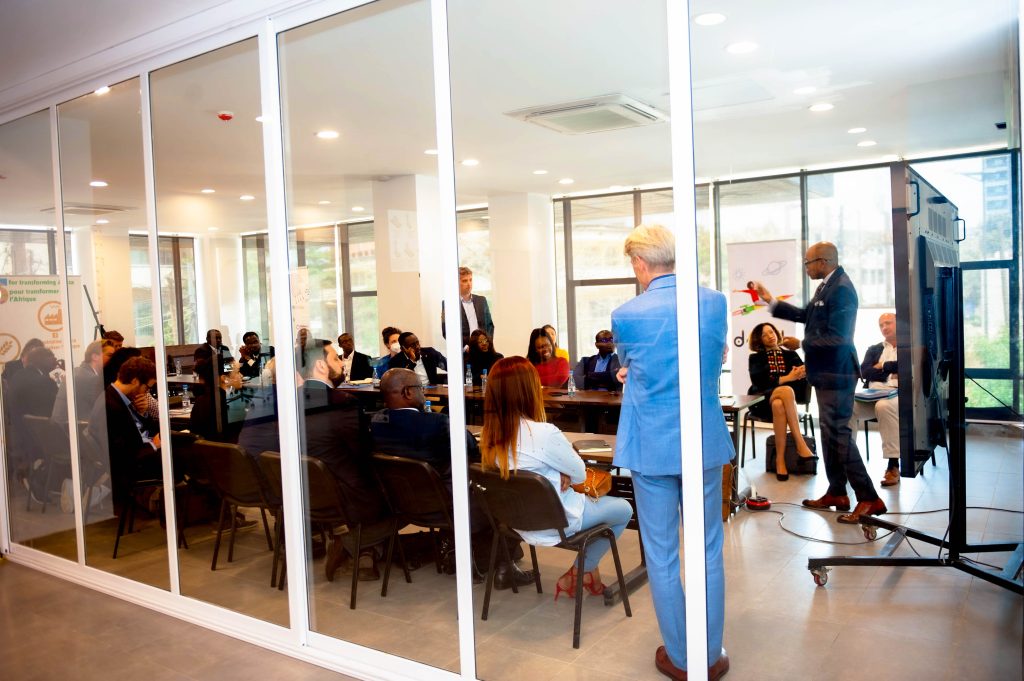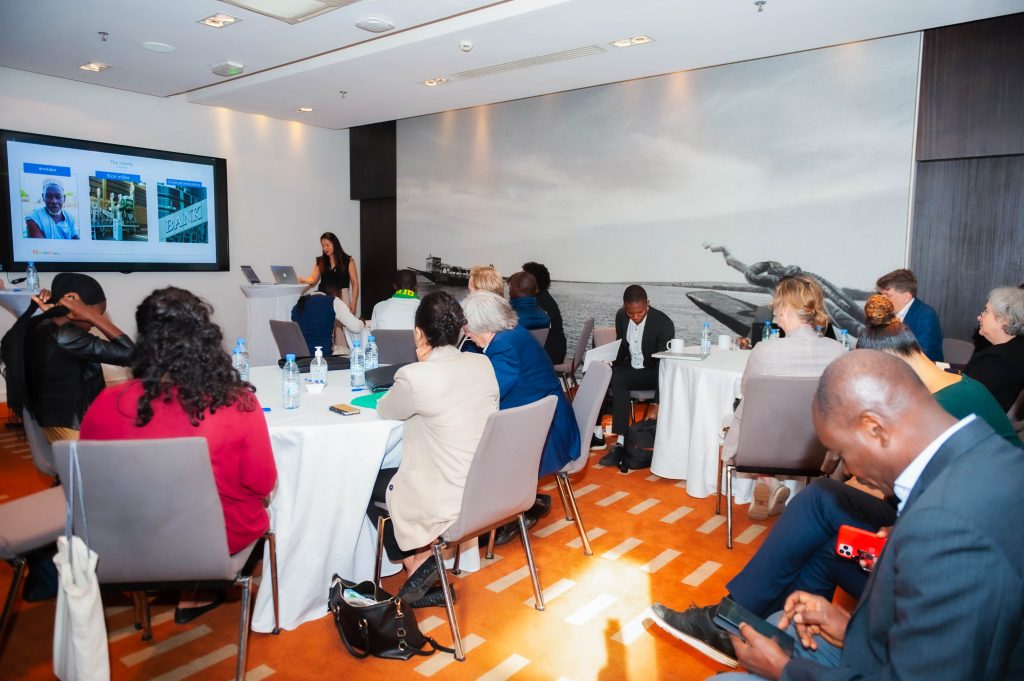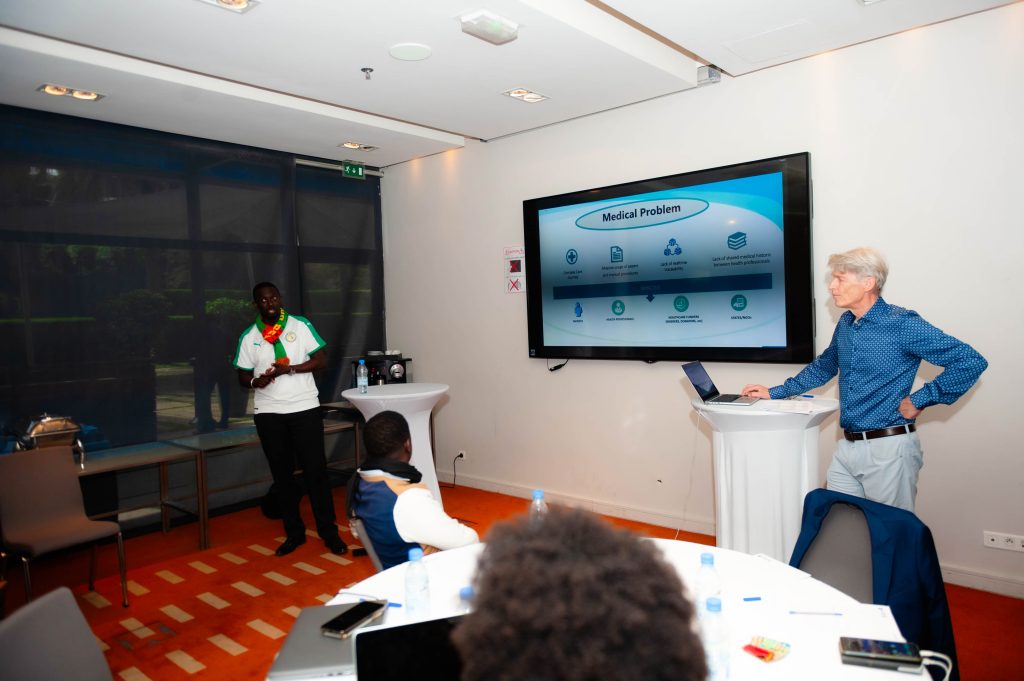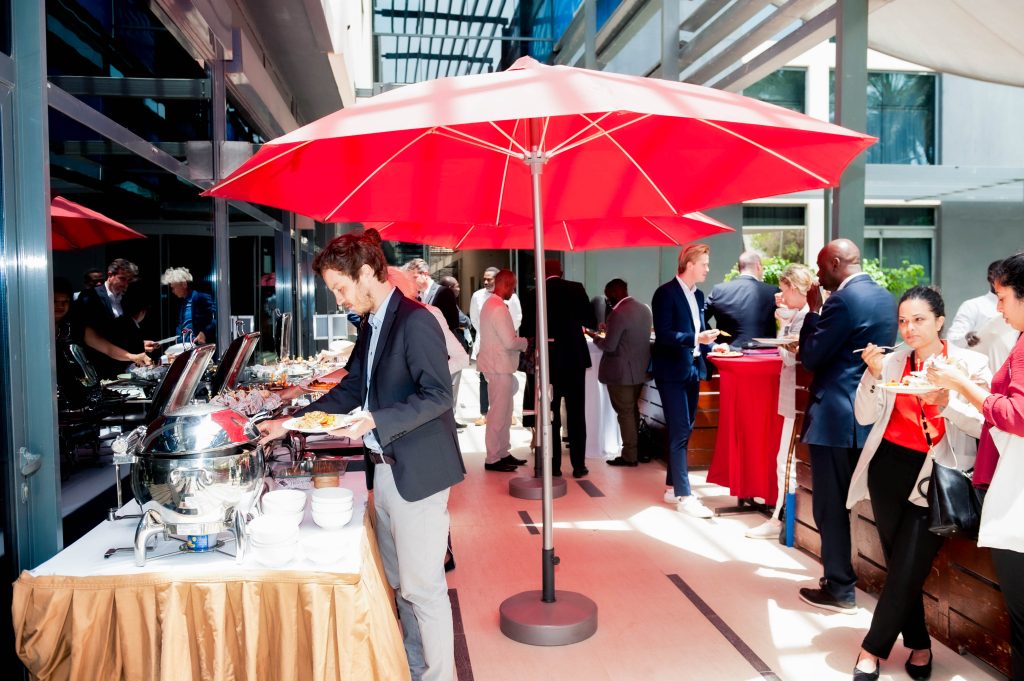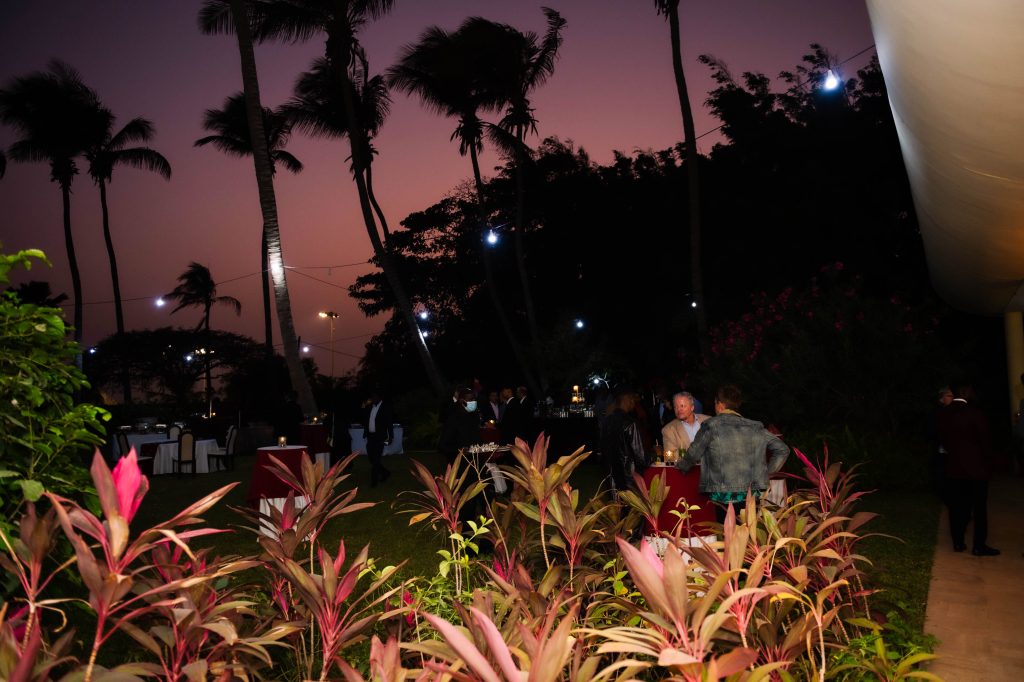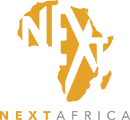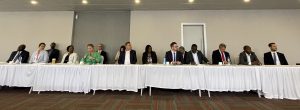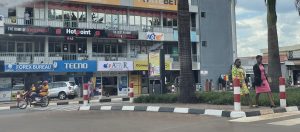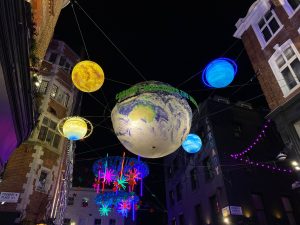HANS STOISSER
From Nairobi to Dakar
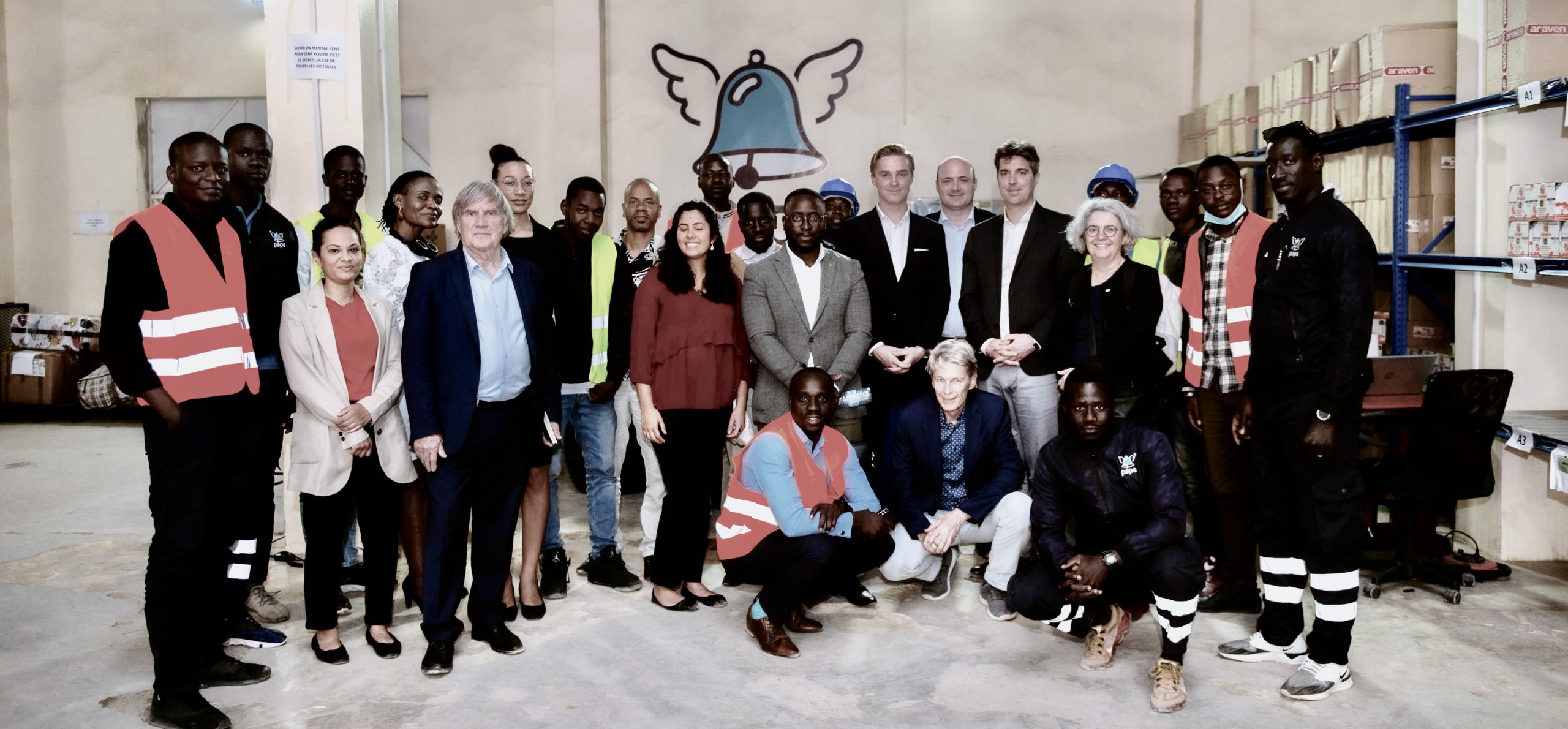
When we look at invested Venture Capital in Africa, we talk about the “big four”: Nigeria, South Africa, Egypt and Kenya. Interestingly, however, in 2021, the relatively small Senegal (17 million inhabitants) landed in fifth place.
Admittedly, of the $353 million invested in Senegal, $200 million went to a single startup, Wave. But Wave now seems to have become the locomotive fuelling the startup entrepreneur and investor train.
“Startup finance goes global,” headlined the Economist last November. With our Innovation Mission to Dakar at the end of March, we were able to confirm this.


Innovation Mission Dakar 2022
We were 18 people who visited Dakar to get to know the “tech ecosystem”. Representatives of German, Swiss and Austrian companies and business associations. Two days of joint workshops, one day of individual programme.
Across Africa, the fintech sector is the big driver. In 2021, 62 percent of venture capital was invested in this sector. Globally, the money and finance industry is at the forefront of digitalisation. This is due to the nature of the intangible products of this sector, which can be represented in units of value.
In Africa, however, not only are processes being simplified and costs saved, but new access is also being created for additional groups of the population. The emergence of the “mobile money” market dominated by telecom operators has already an impressive history.
But now the telecom operators are being challenged. And this is where Senegal plays a central role. For it is the small fintech Wave that, with its claim to be “radically affordable”, has raised USD 200 million in a Series-A funding last year. According to its own information, in the mobile money market in Senegal it has already overtaken the market leader, telecom operator Orange. The latter had to reduce its fees by 80 per cent (!).
Enterprise Solutions
The logistics sector is also at the top of the digitisation hit list. Senegal’s logistictech start-ups are primarily concerned with “last-mile distribution”, i.e. the delivery of letters and parcels to the end customer.
In Dakar, the startup Paps stands out. We visited it. It is very exciting to observe what innovations come about when digitalisation hits a country without a formal address system. Of course, the use of a GPS navigation system is central. But it is not only about technologies but also about using the dynamics of the informal economy. Advantages go to whoever builds the smartest business model around the use of motorcyclists, warehouses and a communication system.
The start-up Fleeti began in Dakar with the management of vehicle fleets. In the meantime, it also offers the management of connected machines, connected business equipment and connected real estate sites. And it is already exporting the services developed in Senegal to France.
Talent2Africa is a recruiting platform for all personnel levels of a company. It makes it easier for German companies to find local staff.
Communication with the end customer in Francophone Africa must be based on local habits and traditions. Companies like LAfricaMobile use all channels, from telephone, VoIP, USSD to SMS.
E-commerce is still in its infancy, but online advertising is just taking off in Dakar. Pulse Africa and CoinAfrique are outstanding contacts.
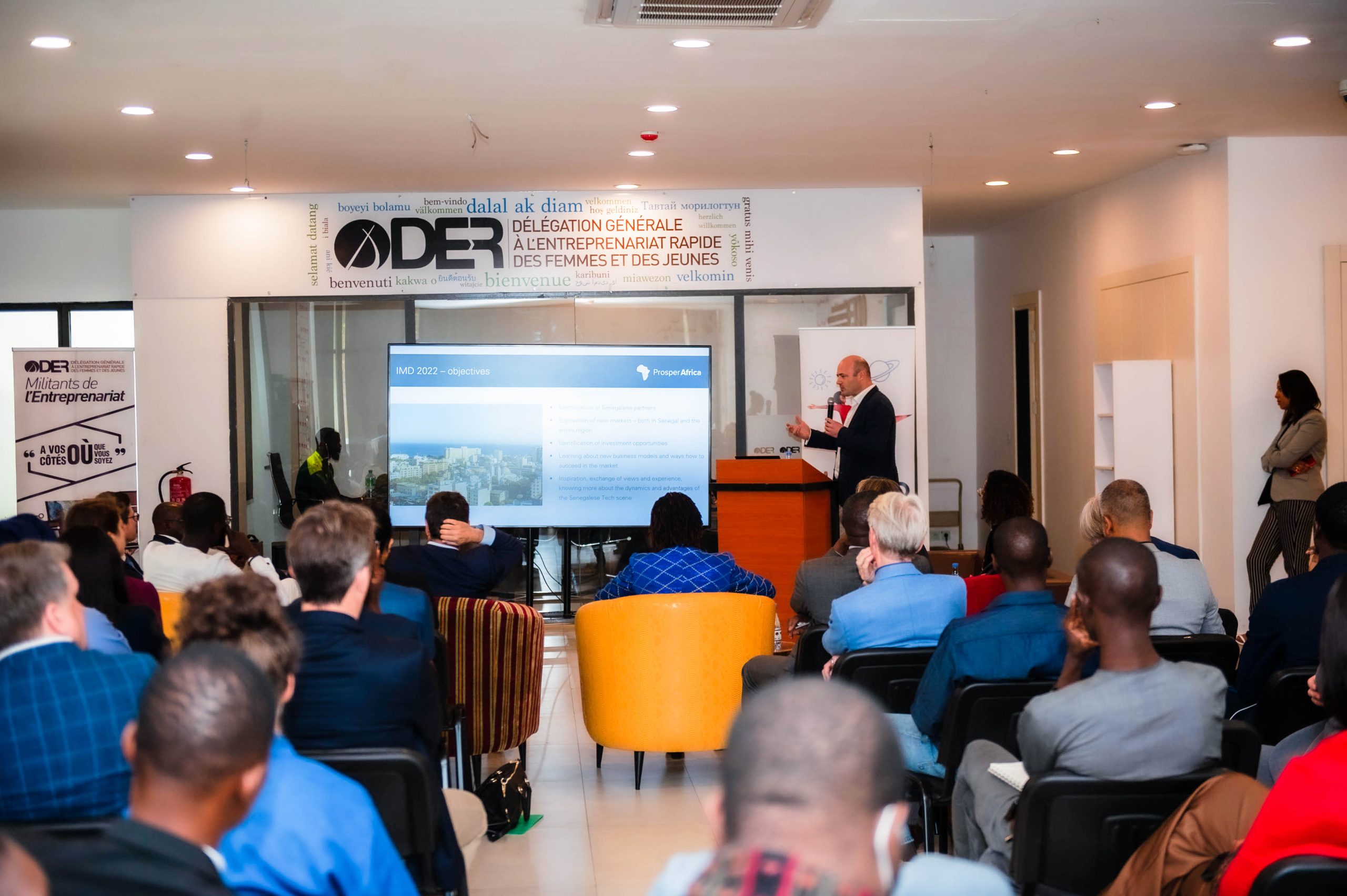
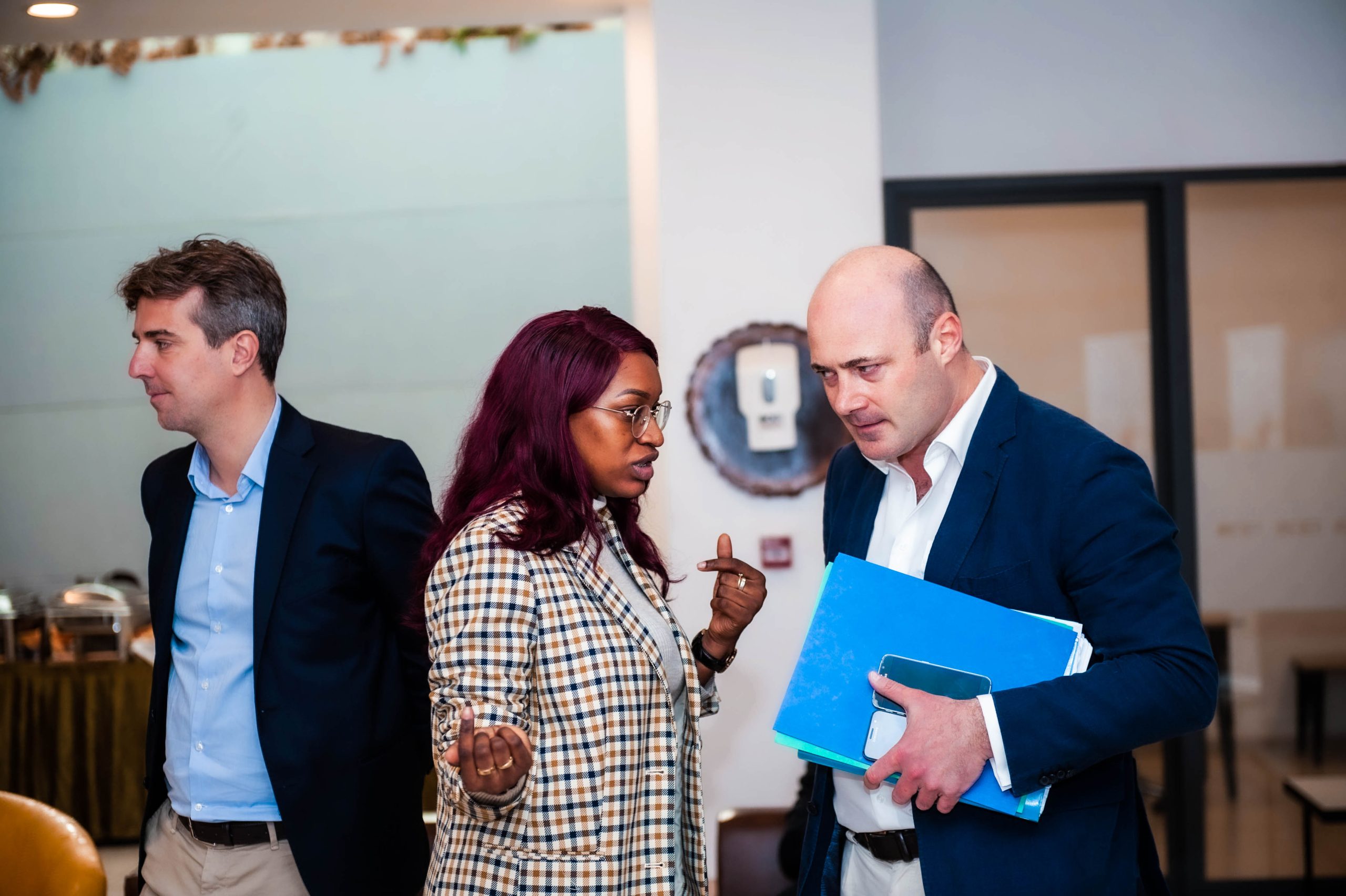

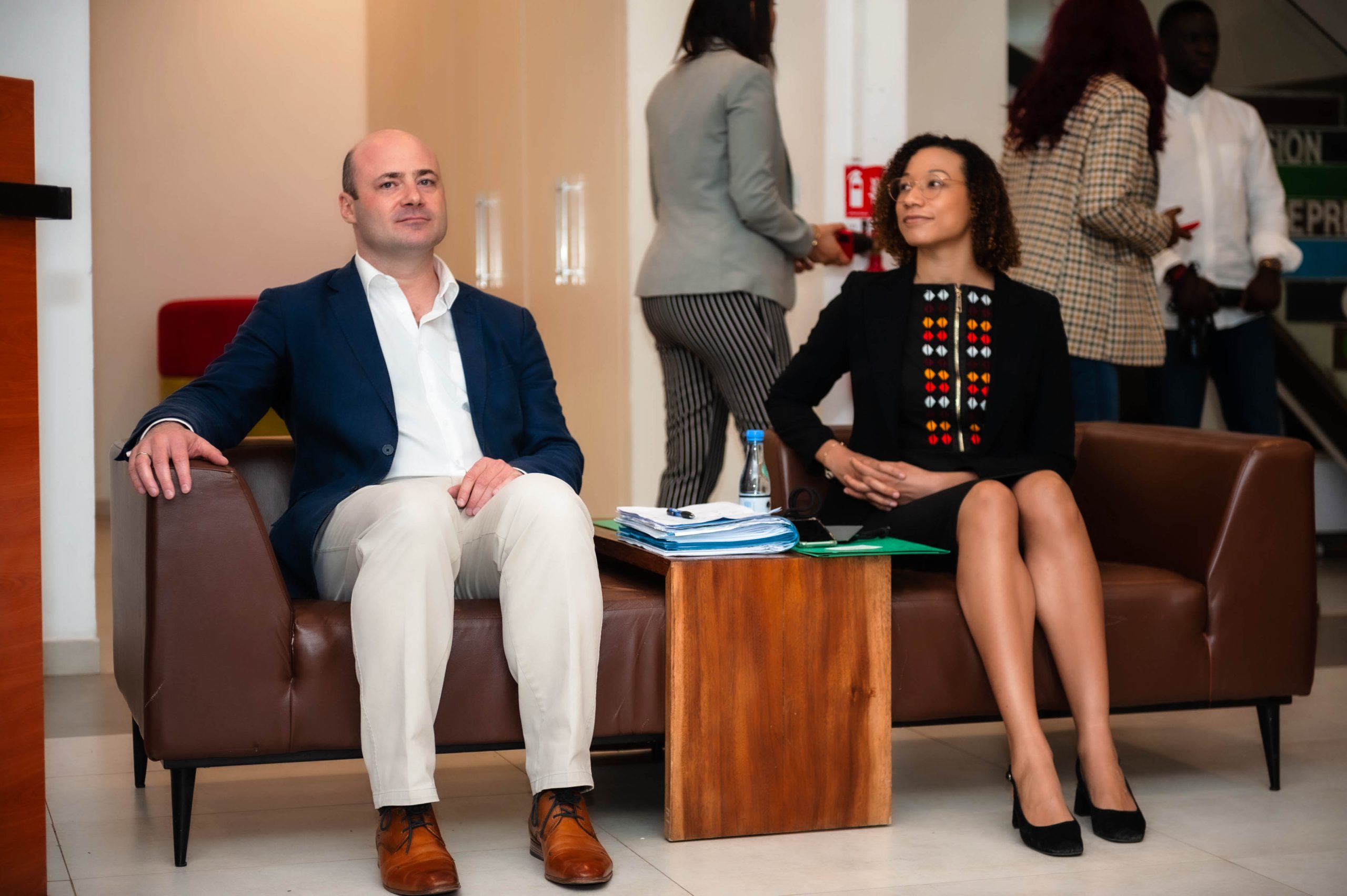
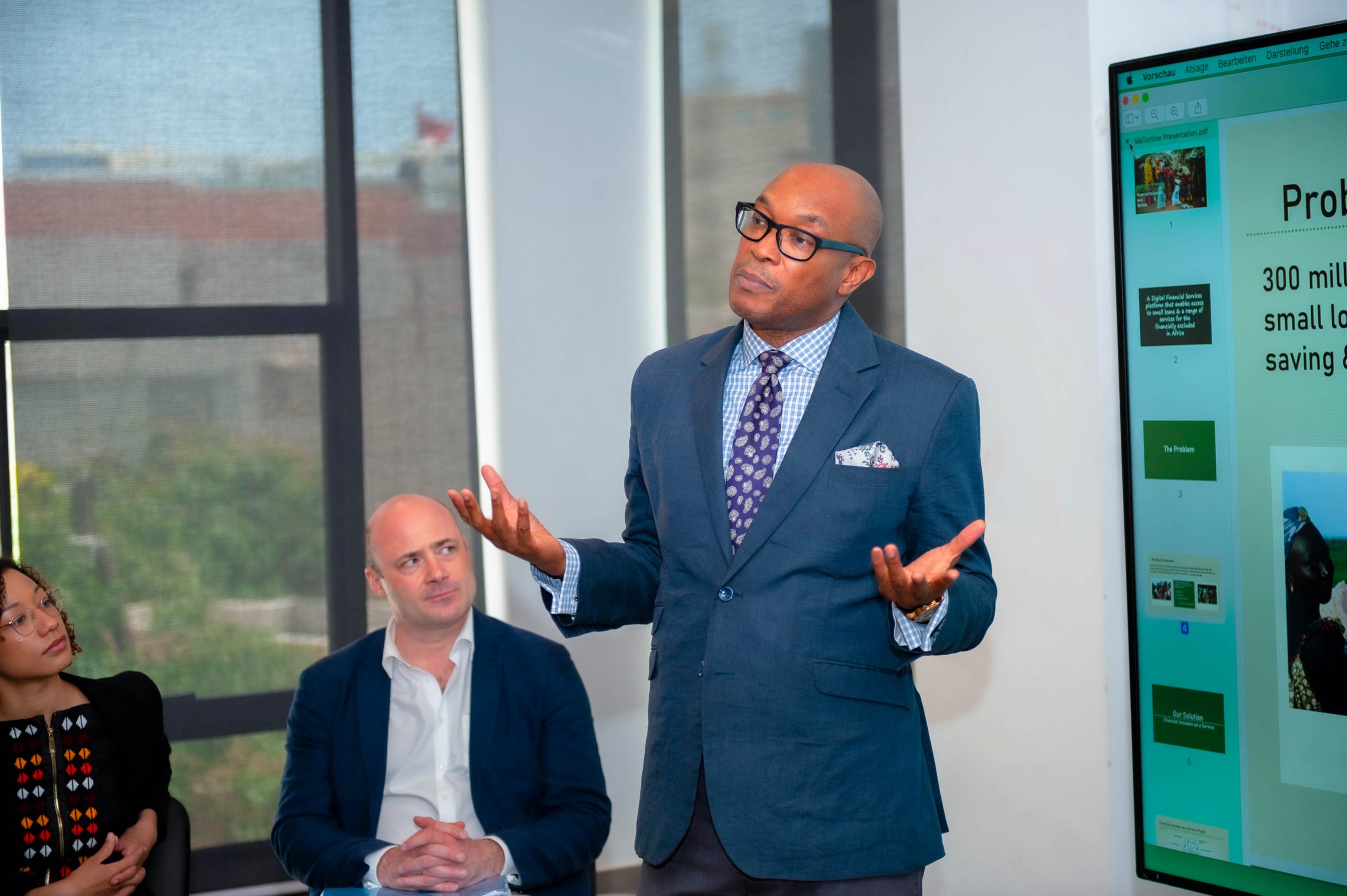
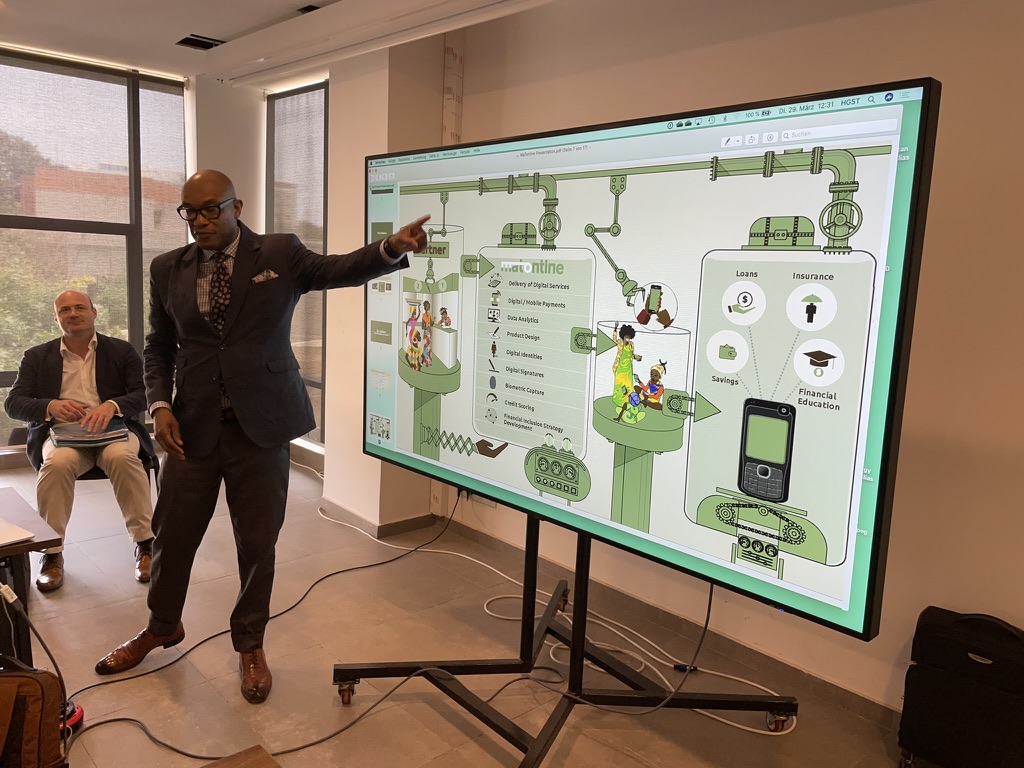
Energytech, Healthtech, Agritech
On the other side of the continent, in Nairobi, M-Kopa started with simple home solar systems to generate electricity. They are not connected to the electricity grid, but to the telephone network. Simple rural households thus receive a power supply quickly and at low cost. There are now over 10 million such systems in Africa. The market is already consolidating. In Senegal, Oolu Solar has established itself. We visited the start-up, which was also financed with money from an Austrian fund.
Eyone is considered to be the leading start-up in the health sector in Senegal. It links health facilities, insurance and patients with its management software.
In agriculture, the big challenge in Africa is an efficient and continuous supply of locally produced fruits, vegetables and food. In the search for innovative tech solutions, East Africa is (still) leading the way. The company Twiga Foods from Kenya is still seen as a pioneer even among Senegalese start-ups.
But the gap to other regions is narrowing. More generally, many startups in Francophone Africa are using the experience of East and South Africa. That is a big advantage.
From Nairobi to Dakar …
… the start-up movement has travelled in recent years, and with it venture capital. From Nairobi to Dakar is where my travels have taken me this year. In Dakar I see big opportunities for investors. Because right now the course for the future is being set.
